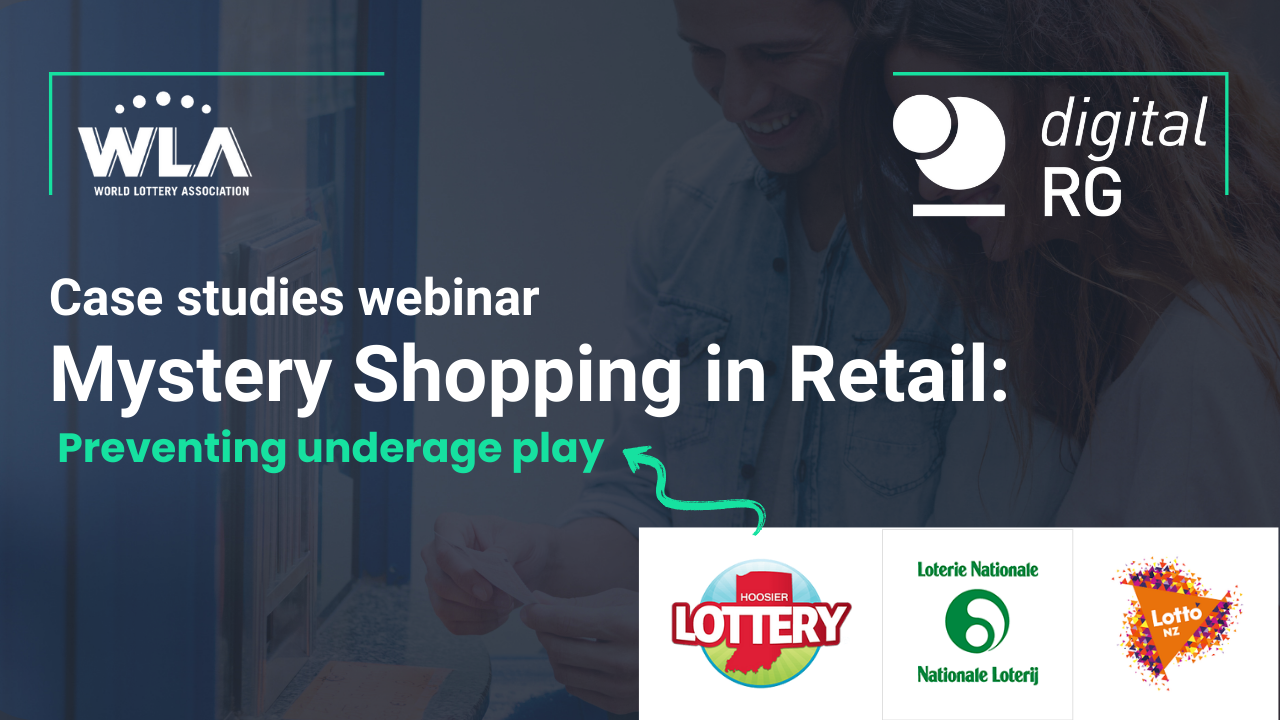Choosing Effective Gambling-Blocking Software

Choosing Effective Gambling-Blocking Software
Parental controls (e.g NetNanny) ≠ Gambling-blocking software
Gambling-blocking software is designed specifically to prevent individuals from accessing gambling content, while parental control tools aim to restrict a broader range of content - such as violence, pornography, social media, and gambling - to protect children. Because gambling blockers focus solely on gambling, they typically offer stronger and more consistent protection in that category. In contrast, parental controls are not intended for self-exclusion. Given these critical differences, it’s essential not to confuse parental control software with gambling-blocking tools, as they serve distinct purposes.
What about other device blockers, like Freedom, AppBlock, ColdTurkey?
These apps are designed to remove distraction, reduce procrastination and improve focus? While they can block content and apps, they are not specifically designed to block gambling and are not designed to be difficult to remove. They serve a purpose but unlike gambling-blocking software (Gamban) they not designed specifically to help individuals experiencing harm from gambling.
Not all gambling-blocking software is the same
As the only independently evaluated gambling-blocking software product, Gamban sets the standard in gambling-blocking software (safe, effective responsive, accountable and accessible). Since Betfilter ceased operations, only three cross-platform tools remain: Gamban, Gamblock, and BetBlocker (plus some re-skinned options on various app stores. Among these products, Gamban is unique in that it is trusted by national providers, holds ISO certification, and integrates seamlessly into wider harm-reduction strategies. While other solutions are either expensive, outdated or unreliable, Gamban is actively maintained, robust, and offers excellent customer support. Given the short window of opportunity where individuals are responsive to support, we recommend reducing the clutter and recommending Gamban as the recommended gambling-blocking software product.
Differences Between Gambling-Blocking Software and Self-Exclusion Registers
Gambling-blocking software (like Gamban) is device-based, preventing access to gambling websites and apps across installed devices. It works by blocking access at the source, regardless of the gambling operator or user account, and is effective across legal and illegal sites. It’s immediate, private, and doesn’t require the user to disclose personal details to gambling operators. Self-exclusion registers (such as GAMSTOP in the UK) are operator-based. They prevent users from logging into or creating accounts with licensed gambling companies within a specific jurisdiction. These registers are legally binding for the operators but do not block unlicensed or offshore sites, nor do they prevent access through new devices or guest browsing. In summary, gambling-blocking software stops access at the device level, while self-exclusion registers block account-based gambling with regulated operators. The most effective approach often combines both — as well as spend blocks that some banks provide to block gambling transactions.
To summarise, we recommend providing clear and brief options given the state of confusion individuals are likely to be experiencing. The easiest way to do this is to remove inactive and ineffective tools so that only the right tools are presented at the right time.
Category
Other Blogs

May 20, 2025
Underage Gambling: A Global Concern That Calls for Action

May 16, 2025
Juego de apuestas entre menores de edad: una preocupación global que exige acción

April 03, 2025
Retailer Webinar 2025 (versión en español)

April 03, 2025
Retailer Webinar 2025

January 20, 2026
Mystery Shopping en point de vente

January 20, 2026
Mystery Shopping no Varejo

January 20, 2026
Compras Misteriosas en el Comercio Minorista

January 15, 2026
Retail Mystery Shopping: Strengthening Age Controls and Responsible Sales at the Point of Sale


